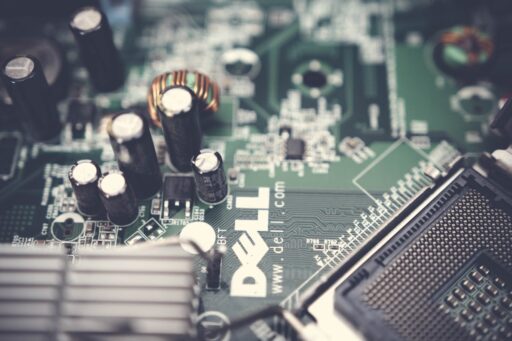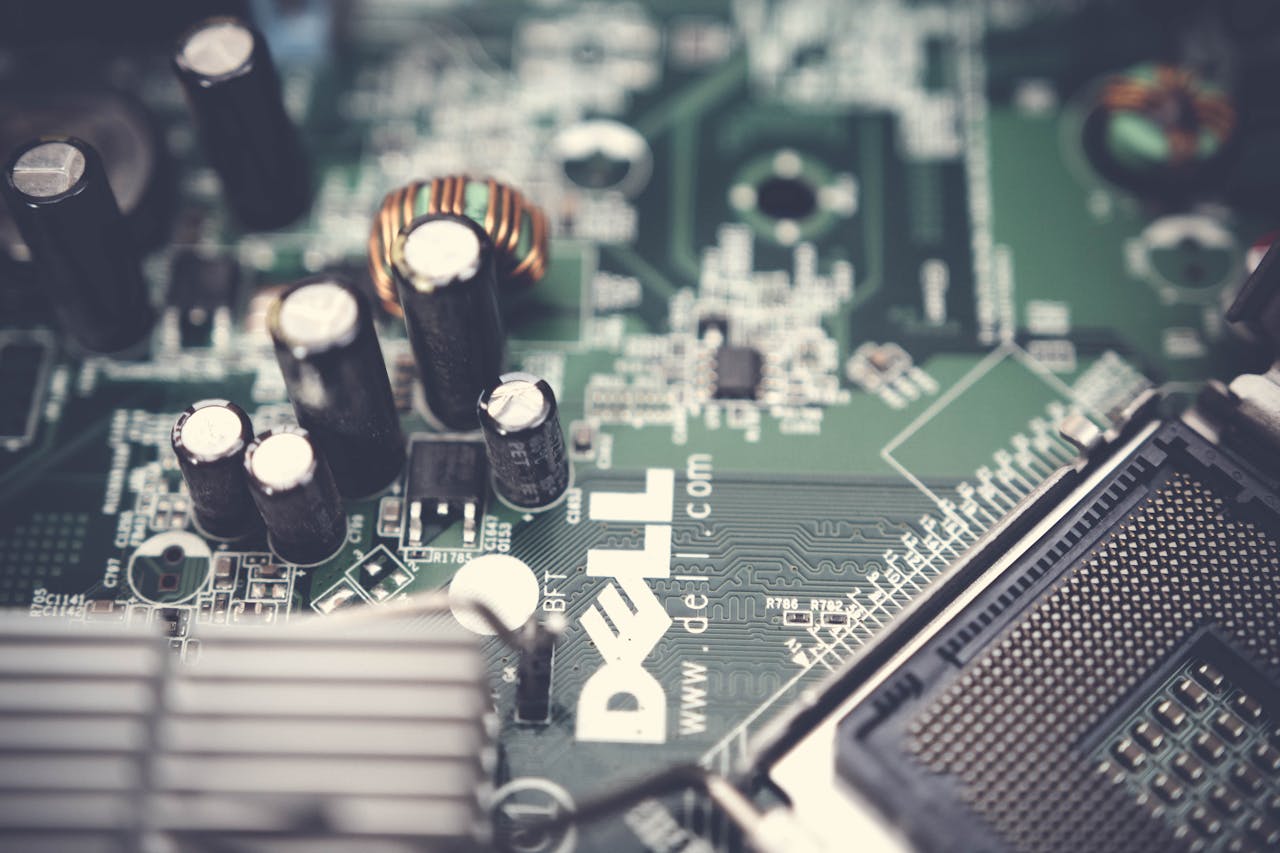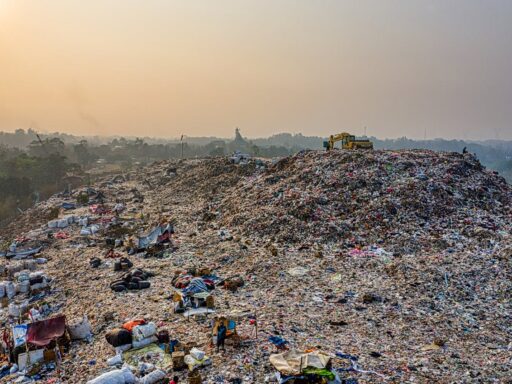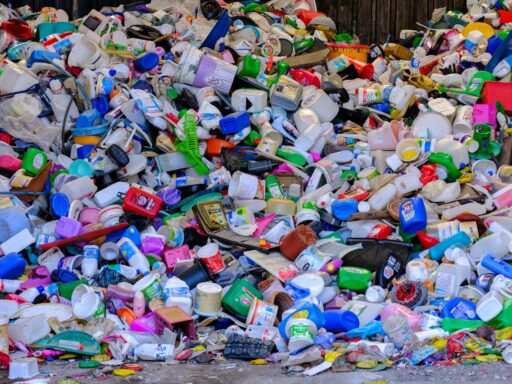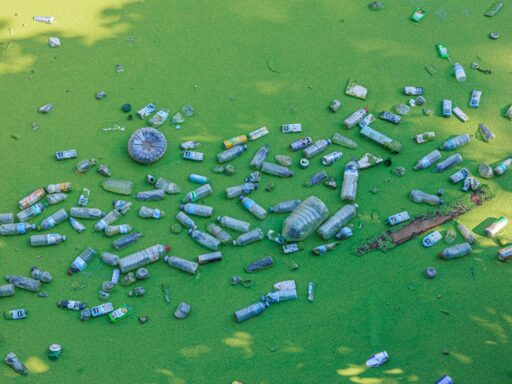Dell Technologies, a global IT infrastructure and computer manufacturing leader, has long been recognized for its innovative products and forward-thinking solutions. In recent years, sustainability has become a key focus for the company as it acknowledges the significant environmental footprint associated with technology production. With a mission to drive human progress through technological innovation, Dell also aims to minimize its ecological impact through ambitious sustainability targets.
Dell’s Progress Made Real 2030 plan reflects its comprehensive approach to addressing environmental, social, and governance (ESG) factors. This includes pledging to reduce waste, cut carbon emissions, and embrace a circular economy. Dell has made bold commitments, such as achieving carbon neutrality across all operations, transitioning to 100% renewable energy, and ensuring all products are recyclable or reusable by 2030.
Key Sustainability Innovations & Technologies
Dell’s commitment to sustainability is evident in its wide range of packaging, product design, and supply chain management innovations. Below are some key areas where Dell is making significant strides:
Sustainable Packaging: Dell is a leader in using recycled and renewable materials in its packaging. One notable initiative is their use of ocean-bound plastics, which are repurposed into protective packaging for Dell products. By 2030, Dell aims to use 100% recycled or renewable packaging materials and has already reduced single-use plastics in its supply chain. In 2020 alone, Dell used more than 24,000 pounds of ocean-bound plastic in packaging.
Waste-Free Product Design: Dell has embraced circular design principles, ensuring that products are manufactured to be easily disassembled, repaired, and reused. For example, Dell’s Latitude laptops and OptiPlex desktops are designed with modular parts, making them easier to upgrade and recycle. This approach helps reduce electronic waste, a significant concern in the tech industry.
Closed-Loop Recycling: Through its closed-loop recycling program, Dell collects materials from end-of-life products and incorporates them into manufacturing new products. Dell has partnered with Seagate and Teleplan to recycle hard drives, repurposing materials like gold and rare earth elements for new devices. As of 2023, Dell has reused over 100 million pounds of recycled materials in its products.
AI-Driven Supply Chain Optimization: Dell has also leveraged AI and machine learning to optimize its global supply chain, reducing waste and improving energy efficiency. The company uses predictive analytics to streamline production and minimize material waste, which has resulted in lower carbon emissions throughout its supply chain.
Measurable Impact & Data-Driven Results
Dell’s sustainability innovations are not just ambitious pledges—they have already resulted in measurable environmental and financial benefits. Some key achievements include:
Repurposing E-waste: In 2022, Dell repurposed over 50 million pounds of electronic waste, including plastics, metals, and other components that would otherwise end up in landfills, as part of its circular economy strategy.
CO2 Reduction: Dell’s efforts to increase energy efficiency and transition to renewable energy have significantly reduced carbon emissions. Between 2019 and 2023, Dell reported a 39% reduction in operational carbon emissions, and they are on track to achieve 100% renewable energy use in all facilities by 2030.
Energy Efficiency in Products: Dell’s Energy Star-certified devices offer up to 80% higher energy efficiency compared to previous models, reducing electricity consumption and CO2 emissions during use.
Water Conservation: In partnership with its suppliers, Dell has also improved water efficiency, saving 3.2 billion gallons of water across its global operations since 2018.
Challenges and Areas for Improvement
While Dell has made impressive progress, there are still challenges that the company faces in its quest for full sustainability. These challenges are both industry-specific and related to broader environmental concerns:
Sourcing of Rare Earth Materials: Despite Dell’s efforts in recycling and reusing materials, the company still relies on rare earth elements, such as cobalt and lithium, which are essential for batteries and electronic components. The extraction of these materials has significant environmental and social impacts, particularly in developing countries. While Dell has started investing in responsible sourcing initiatives, such as partnering with suppliers that meet rigorous ethical standards, the global supply chain for these materials remains complex and difficult to overhaul.
Transitioning to 100% Renewable Energy: Although Dell is on track to power all of its operations with renewable energy by 2030, the transition is not without challenges. Some of Dell’s operations, particularly in regions with less access to renewable energy infrastructure, may find it harder to make the shift. Additionally, maintaining energy efficiency across an expanding digital infrastructure presents ongoing challenges.
Consumer Awareness and Participation: Encouraging consumers to participate in recycling programs and extending product lifecycles by upgrading rather than replacing devices remains a hurdle. Dell is working to create greater awareness about the environmental impact of e-waste and the importance of recycling electronics, but behavioral change among consumers is a long-term process.
Future Plans and Long-Term Goals
Dell has laid out a bold vision for the future, aiming to lead the tech industry toward more sustainable practices. The Progress Made Real 2030 plan emphasizes long-term sustainability, with several specific goals:
100% Recyclable or Renewable Materials: By 2030, Dell aims to ensure that 100% of its packaging and at least 50% of its product content is made from recycled or renewable materials. This includes expanding the use of ocean-bound plastics and closed-loop materials to prevent the need for virgin raw materials. Additionally, Dell is focusing on designing products that are fully recyclable at the end of their life cycle, reducing the environmental impact of e-waste.
Carbon Neutrality Across Operations: Dell is committed to achieving net-zero emissions across its entire operations by 2050. To reach this goal, the company plans to:
- Increase the use of renewable energy in manufacturing facilities.
- Implement more energy-efficient manufacturing processes.
- Invest in carbon offset projects to balance emissions from hard-to-decarbonize sectors.
E-Waste and Circular Economy Leadership: Dell plans to collect and recycle an equivalent product for every product sold by 2030, furthering its circular economy ambitions. The company is also investing in new recycling technologies that will allow for greater recovery of materials like rare earth metals, which are traditionally difficult to extract from electronic waste.
Sustainability-Driven Product Design: Dell’s design teams are working to embed sustainability into every product development process. The goal is to make all Dell products modular, so components can be easily upgraded, replaced, or recycled. This will extend the lifecycle of their products, reduce waste, and contribute to resource conservation.
Dell is also looking at new materials, such as biodegradable alternatives to traditional plastics, and low-carbon components, to reduce the environmental impact of their products at the production stage.
Comparisons to Competitors
Dell’s sustainability efforts in the technology sector place it ahead of many competitors, but it also faces intense competition from companies like Apple and HP. Both companies have similarly ambitious sustainability goals. For example, Apple has committed to becoming carbon neutral across its entire supply chain by 2030, including sourcing raw materials, while HP has pledged to use 100% renewable electricity in its global operations.
However, Dell’s closed-loop recycling program and use of ocean-bound plastics distinguish it from many of its competitors. Dell is one of the few companies actively pursuing a circular economy in its product design, ensuring materials are reused rather than disposed of.
Our Thoughts
Dell’s approach to sustainability is a strong example of how a global tech giant can lead the way toward a circular economy. Their innovations in packaging, product design, and supply chain management reflect a serious commitment to reducing waste and carbon emissions. While challenges remain, particularly in the areas of rare earth sourcing and consumer engagement, Dell’s future plans and measurable achievements set a high bar for the tech industry.
Dell’s clear focus on transparency and data-driven progress gives their sustainability initiatives credibility, making them an industry leader in environmental responsibility. The company’s progress toward its 2030 sustainability goals offers valuable lessons for other businesses looking to make meaningful strides toward a more sustainable future.

